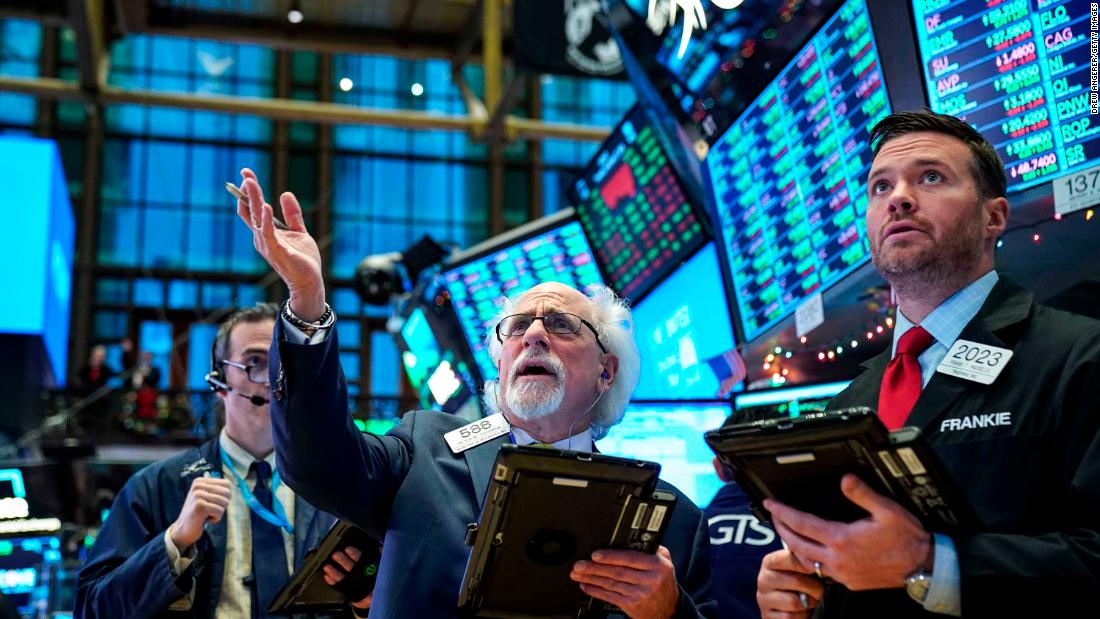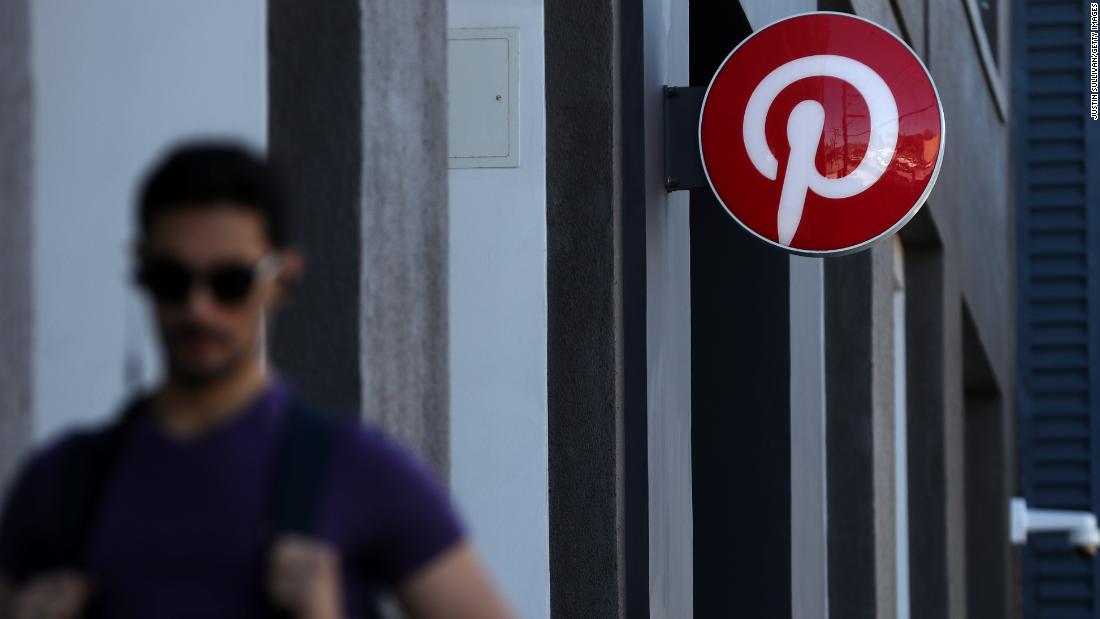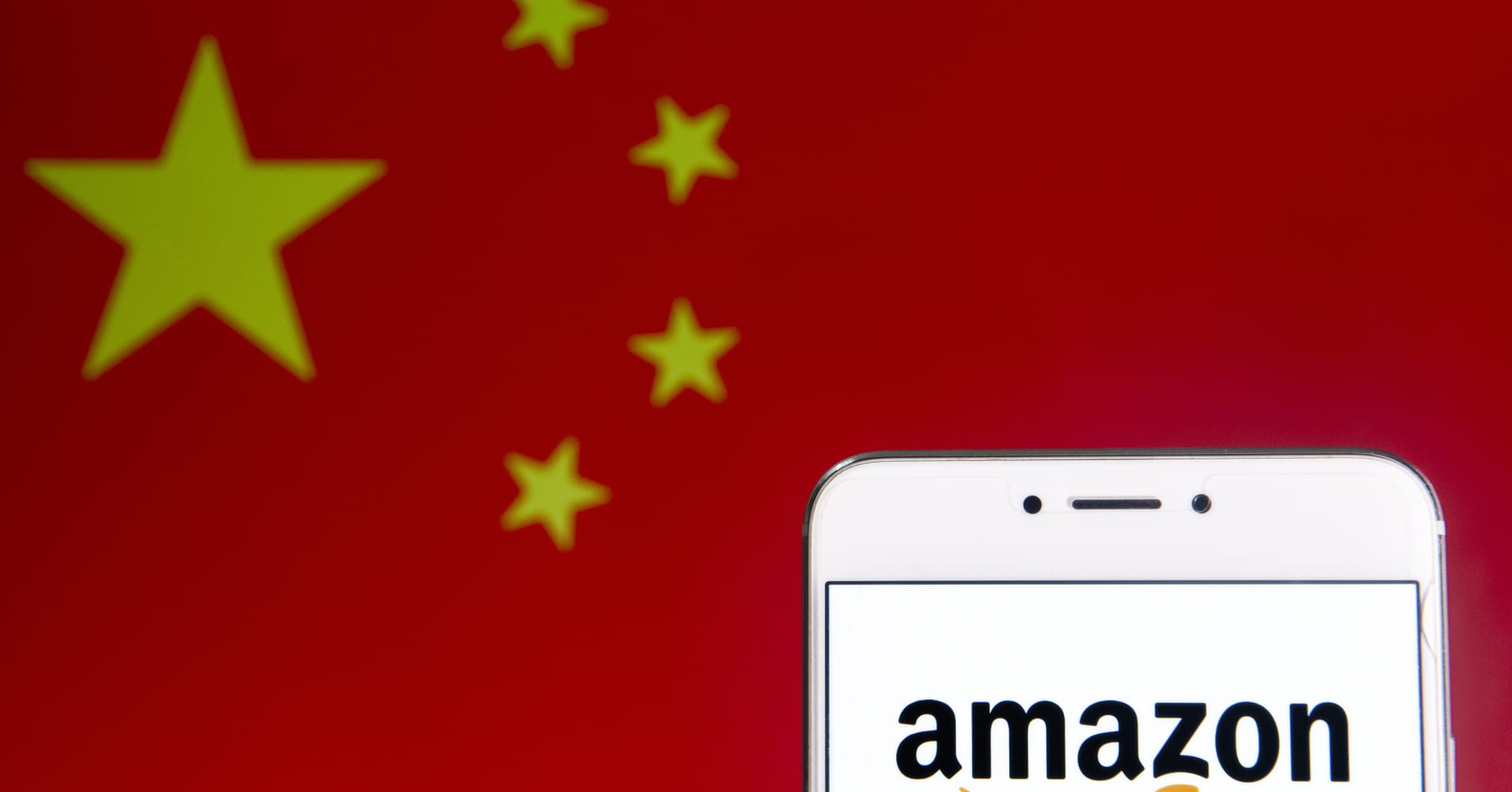If selected, Gou will likely face off against incumbent Taiwanese President Tsai Ing-wen in the 2020 election, scheduled for January 11.
Tsai announced her intention to run in February this year, after
bruising local election losses in 2018 saw her Democratic Progressive Party (DPP) hemorrhaging votes island-wide.
The DPP has traditionally favored moves toward formalizing Taiwan's de facto independence from China. Since she took power in 2016, Tsai has attempted to diversify the island's economy from being too dependent on its large neighbor, while
pushing back against what she views as Beijing's aggressive expansionism.
In turn, Beijing has ramped up pressure on Taiwan, conducting large scale military drills around the island, including sailing the Liaoning aircraft carrier through the Taiwan Strait. Speaking in January, Chinese President Xi Jinping urged Taiwan to embrace "
peaceful reunification" with China, saying that independence was a "dead end."
Should he become president, Gou will likely be challenged with repairing this relationship, while maintaining Taiwan's traditionally strong ties with Washington.
He will have a better claim than many candidates for being able to do so -- Foxconn has made billions through deep involvement in the Chinese economy, where many of its manufacturing plants are based, producing electronics for many American tech companies, most notably Apple.
Gou himself also has strong ties to the United States, and has met US President Donald Trump, who has
called him "a friend of mine" and "one of the most successful businessmen in the world."
The People's Daily, a mouthpiece of the Chinese Communist Party, said on Wednesday that "
Gou has a unique advantage in dealing with the relations between Taiwan and Mainland, and the US."
Taiwan will elect its next President on
January 11, 2020.
Blessings from a goddess
Gou announced his candidacy this week after visiting a temple in Taipei dedicated to the
Taoist deity Mazu, guardian angel of seafarers.
Wearing a bright red vest and a baseball cap showing the flag of the Republic of China -- the official name for Taiwan -- Gou said that Mazu had given her blessing to his candidacy.
"If Mazu says that you should step up, it is not in order to make money or for personal enjoyment,"
Gou told reporters. "I tell you, I am like a godson to Mazu ... I will definitely respect and follow Mazu's will."
Speaking later at KMT headquarters -- still wearing his cap -- Gou said he was "willing to participate in the primary elections."
"I am not willing to accept being appointed (without being elected), I am definitely not willing to accept being appointed. If elected, I will represent the Kuomintang in the 2020 contest," he said. "If I am not elected, it means that I didn't try hard enough."
In a statement, Foxconn said Gou would only run for president, "if the primary process - which is still being determined by party leadership - is open, transparent, and grounded."
"When and if this determination is made, Mr. Gou will run in the KMT's primary to seek the party nomination for President," a spokeswoman said.
As well as Mazu, Gou may have been inspired by another source: Trump. According
to multiple media reports, the Foxconn chairman is rumored to have been inspired by Trump's 2016 run and began thinking that he too could be President.
Margaret Lewis, a Taiwan expert at the Seton Hall University School of Law, compared Gou's candidacy to Trump's, and warned against underestimating the Taiwanese billionaire.
"Even though he's obviously flawed in many ways as a candidate, populism can be powerful," she said. "It would be a mistake to treat his run too lightly."
While Gou is definitely an outsider candidate -- according to state media, he hasn't been a KMT member since 2000 -- he's received backing from key party figures, with former leader and President of Taiwan, Ma Ying-jeou,
saying he was "an ideal candidate."
Lev Nachman, an expert on Taiwanese politics at the University of California, Irvine, said that Gou had one thing in particular that the KMT needs: Funding.
"Terry Gou is one of the wealthiest businessmen in Taiwan and would essentially be able to finance his own campaign," he said. "That's a big deal for the KMT right now."
Support from Beijing?
Despite once fighting a civil war with the Communist Party for rule over China -- before defeat forced the Republic of China government to retreat to Taiwan -- the KMT has in recent decades been the party of closer ties and engagement with Beijing.
Former President Ma
held historic talks with China's Xi in 2015, and his administration massively ramped up cross-straits economic activity, including a controversial trade deal that sparked mass protests known as the
Sunflower Movement, which are credited with helping carry Tsai and her DPP to the presidency.
Gou's connections to China are manifold. His company Foxconn
employs hundreds of thousands of people in factories and manufacturing plants across China.
"Gou is an integral player in the Chinese economy and becoming president would put him in a position to very closely tie Taiwan into China's economy in ways Tsai has fought against such as her New Southbound Policy which tried to extend Taiwan's trade beyond just China," Nachman said.
Foxconn could also be a potential concern for voters, however.
So far, the company has been tight-lipped over what a Gou run for president will exactly mean for his relations with the company he founded.
A spokeswoman said that at present Gou remains chairman, and would "continue to provide strategic direction and guidance," as he seeks the KMT nomination.
"That's the million dollar question. Who is Gou loyal to? Taiwan? Foxconn? Both? If the answer is Foxconn or both, that puts Taiwan in a bad position with Gou as president because Foxconn's success is tied to, coercively or not, the Chinese state," Nachman said.
"In the same way Trump only marginally divested from his assets when he became president, I would not expect Gou to truly move away from his (company)," he added.
"I would be greatly concerned with Gou's ability to separate his business from his political endeavors. Given Foxconn's position within the Chinese economy and Gou's political ideals, I'm not sure he even can or wants to."
Lewis, the Seton Hall professor, also cautioned against assuming that Gou -- or any other KMT President -- would be able to magically fix relations with Beijing.
"Ma Ying-jeou met with Xi Jinping, but I don't think it's fair to compare the Xi Jinping of 2013 with the Xi Jinping of 2019," she said. "He's been able to take on a more assertive position in recent years."
Can he win?
Gou has said repeatedly that he does not want to be simply anointed as KMT candidate, and will fight the party's primary.
This could be a close run for the billionaire, with multiple other candidates and potential candidates, including Han Kuo-yu, who Gou himself
previously said would be a "terrific" president.
Han, a hugely popular KMT mayor of the southern city of Kaohsiung, has not
officially announced his candidacy, but had been seen in recent weeks as frontrunner to be the party's eventual pick. He recently
toured the US, meeting with lawmakers and business leaders, a traditional first step to declaring a run for president.
"Han Kuo-yu is a very interesting, unusual person," Lewis said. "He has has not set forth clear policies, going with a much more flashy, 'I'm something different even if you don't know what that is' approach."
As Kaohsiung mayor, Han has increased engagement with China, and would be expected to follow a similar path to Gou's, which Lewis described as a "general willingness to engage with China, particularly economically, and a belief that that engagement can be confined to the economic."
"Han does currently have an unmatched level of popularity in Taiwan right now," Nachman said. "Han has also shown, especially during his most recent trip to Hong Kong, that he, like Gou, is willing to build strong connections to the CCP and push for a more pro-unification agenda."
With both Gou and Han favoring closer ties with China, Nachman said there was even a small possibility they could end up working together, on a ticket that could dramatically reshape politics both within the KMT and Taiwan at large.
"That would be the most blatantly pro-unification team to ever be seriously considered for presidential leadership," he said. "It could very much lead to the end of the current status quo as we know it."
https://www.cnn.com/2019/04/18/asia/taiwan-terry-gou-foxconn-president-intl/index.html







